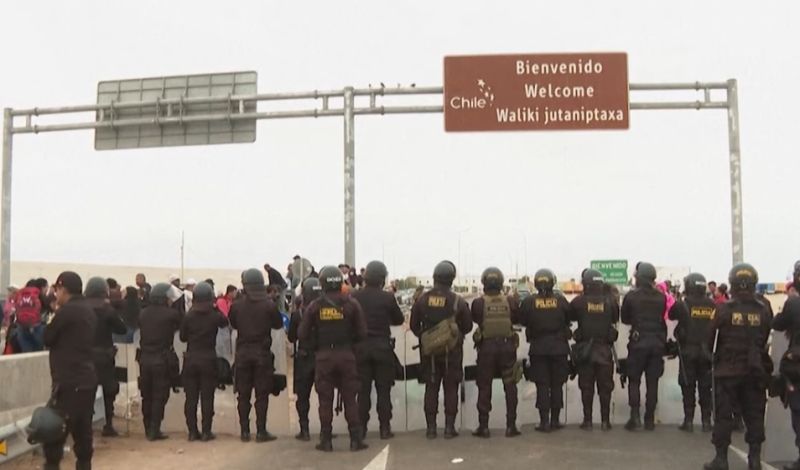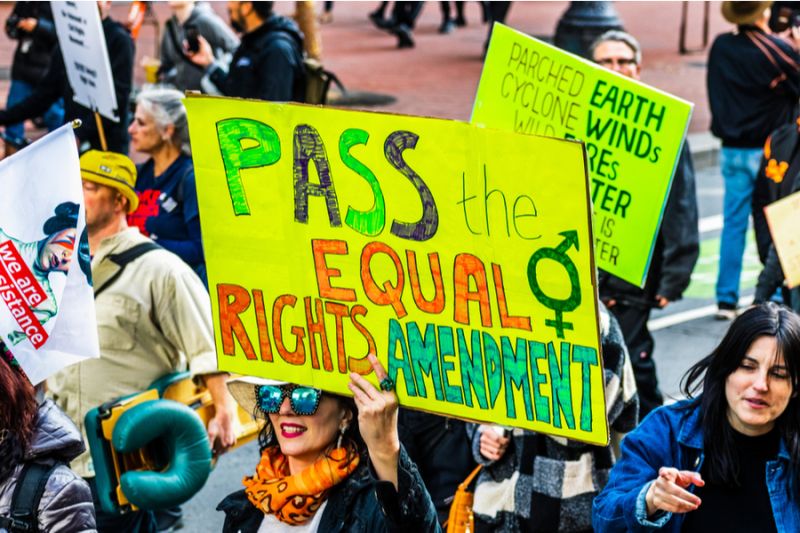When an Oregon town told a church to limit its meals to the homeless the DOJ stepped in

 Credit: Shutterstock
Credit: Shutterstock CNA Staff, Nov 28, 2023 / 15:55 pm (CNA).
The U.S. Department of Justice (DOJ) this month signaled its support for an Oregon Episcopal church in a legal dispute over a homeless meals program that the church has run for years.
St. Timothy’s Episcopal Church in Brookings, Oregon, has for years regularly provided meals for homeless people in the area up to six days per week, but the city in 2021 ordered that it could only do so up to two days per week.
The church subsequently sued the city over the order. This week, the Department of Justice filed a statement in support of the church.
The DOJ said in a press release that the city’s new ordinance might run afoul of the federal Religious Land Use and Institutionalized Persons Act (RLUIPA). That law, according to the DOJ, “protect[s] individuals, houses of worship, and other religious institutions from discrimination in zoning and landmarking laws.”
The department noted that St. Timothy’s has been providing “meal service up to four days per week, and as many as six days per week,” for needy individuals in its community.
The city, however, recently enacted an ordinance “that prohibits the church from serving free meals to persons in need more than two days per week, subject to a discretionary permit,” the DOJ said.
In its statement of interest, filed in federal district court, the DOJ noted that the city’s new permitting system — which was enacted after neighbor complaints of the activity at the church — “effectively requires St. Timothy’s to significantly reduce the number of days it serves meals to persons in need,” which the parishioners argue “compels them to violate their religious beliefs to feed those in need” when the need exists.
RLUIPA forbids land use regulations that impose a “substantial burden” on religious entities. The city said the ordinance did not run afoul of RLUIPA and its imposition did not “substantially burden” the church’s meals program. The DOJ said in its press release that it was disputing the city’s claim.
“Specifically, [the DOJ] asserts that RLUIPA’s protections apply in this context, that St. Timothy’s provision of meals to people in need is protected religious exercise, and that the city’s attempt to restrict St. Timothy’s meal service may have substantially burdened the church’s religious exercise by forcing it to violate its beliefs in order to comply with local land use laws,” the DOJ said.
The city “makes virtually no attempt to show that its meals restriction is ‘narrowly tailored’ or that it employed the least restrictive means of burdening St. Timothy’s religious exercise,” the department said in its filing.
The DOJ in its filing “respectfully request[ed] that the court … deny the city’s motion” in the case.
On its website, St. Timothy’s says its soup kitchen and outreach clinic offer “hot meals four days a week,” “showers during our office hours,” and “laundry vouchers,” among other services.
Rev. Bernie Lindley, the pastor at St. Timothy’s, told local news station KGW8 that the meals program “isn’t like a hobby for us. This is a deeply held religious belief.”
“This we believe fervently, that we need to feed people, that what we do for the people who are on the margins is what we do for Christ himself,” Lindley said. “And so this isn’t something we take lightly.”
“This is something that is a cornerstone to who we are as Christians,” he continued. “This is how we understand our relationship to Christ, so there is no doubt that this is how we practice our religion.”





